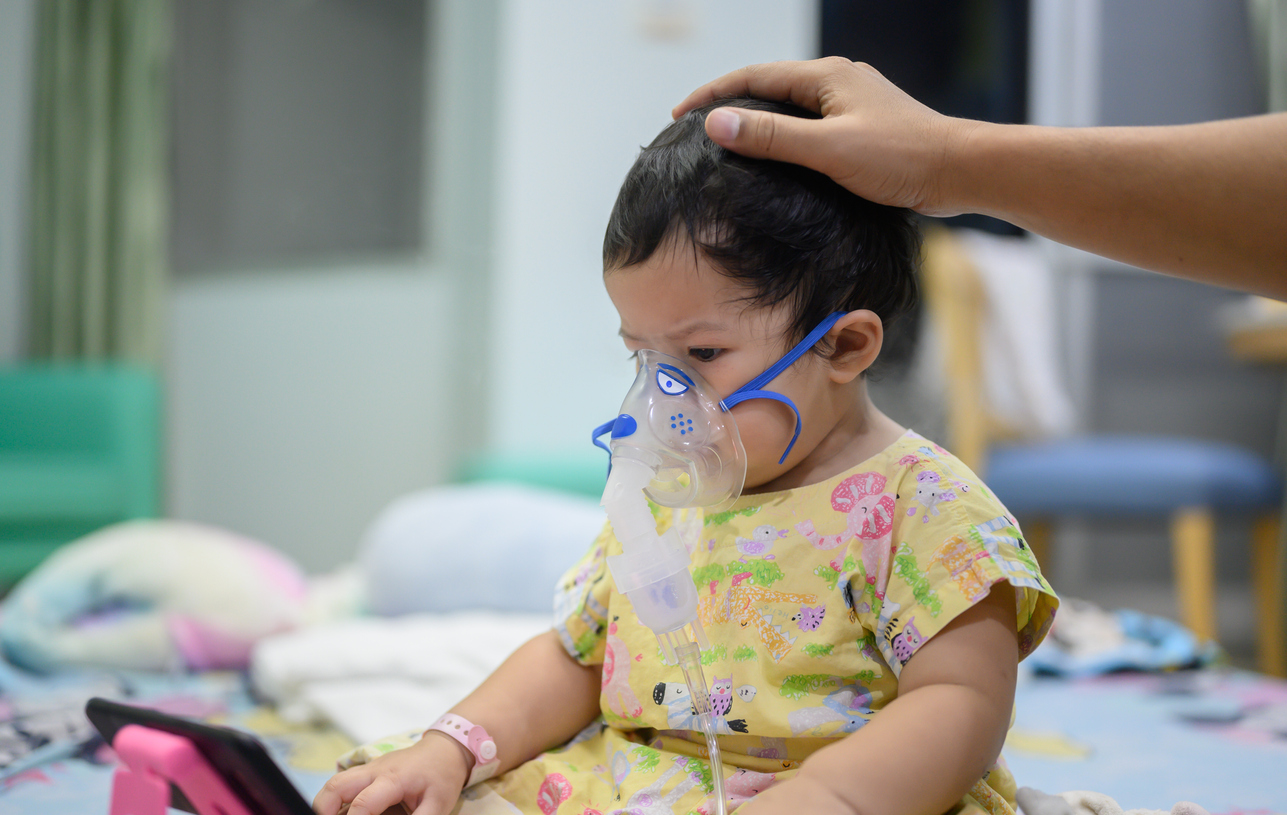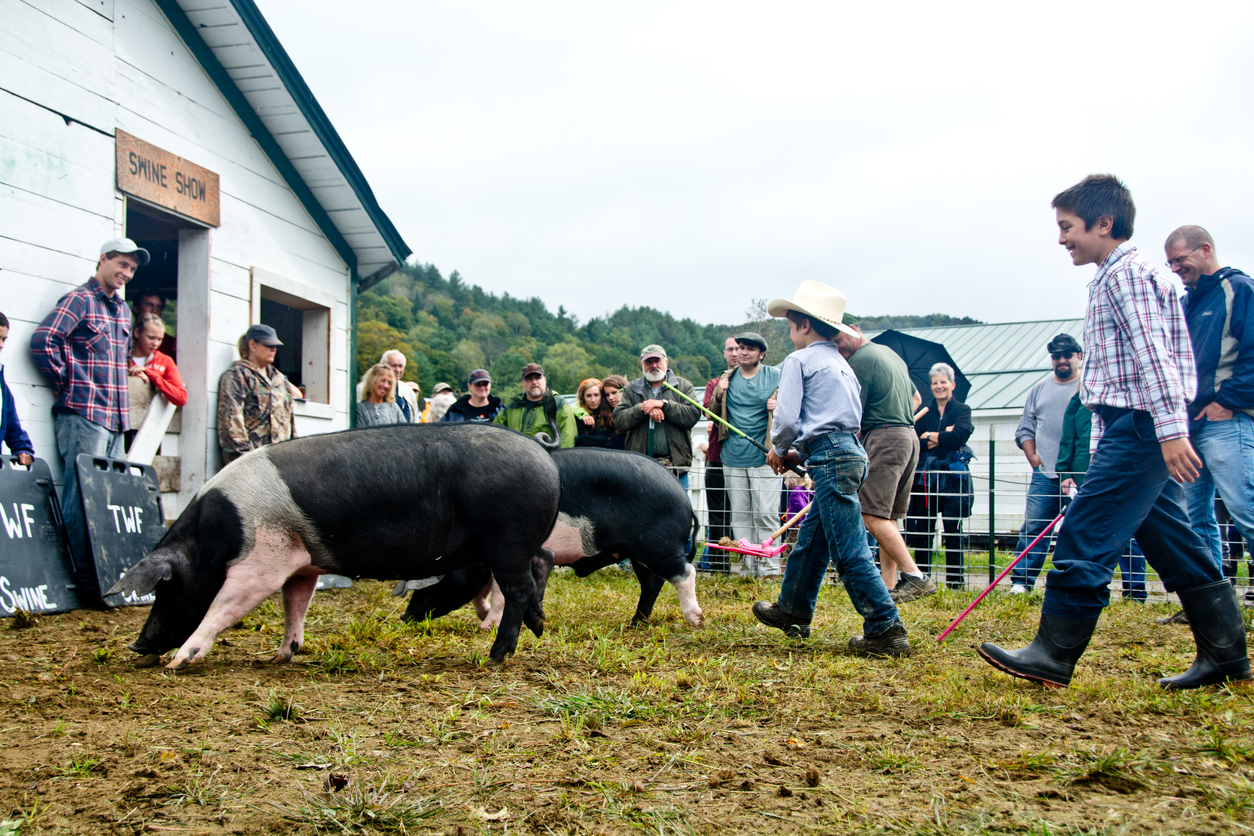The Centers for Disease Control and Prevention (CDC) said yesterday that it is recommending immunization with nirsevimab to protect all infants under 8 months of age and some older infants from severe illness caused by respiratory syncytial virus (RSV).
Marketed under the trade name Beyfortus, nirsevimab is a long-acting monoclonal antibody developed by AstraZeneca. It was approved last month by the US Food and Drug Administration for newborns and infants entering their first RSV season, and in children up to 24 months of age who are entering their second RSV season and are vulnerable to severe RSV disease.
New CDC director Mandy Cohen, MD, MPH, signed off on the recommendation following a unanimous vote by the CDC's Advisory Committee on Immunization Practices (ACIP). The injection will be added to the recommended childhood immunization schedule.
Leading cause of infant hospitalization
While most infants and young children with RSV experience mild, cold-like symptoms, an estimated 58,000 to 80,000 children under the age of 5, mainly infants, are hospitalized each year for RSV infection, which can lead to lower respiratory tract diseases such as pneumonia and bronchiolitis. An estimated 100 to 300 children under 5 die from complications caused by the virus annually, according to the CDC.

RSV typically starts circulating in the fall and peaks in the winter in most parts of the United States. It's transmitted through close contact with someone who's infected.
"This new RSV immunization provides parents with a powerful tool to protect their children against the threat of RSV,” Dr. Cohen said in a CDC press release. "RSV is the leading cause of hospitalizations for infants and older babies at higher risk and today we have taken an important step to make this life saving product available."
Nirsevimab is expected to be available this fall. The CDC said it will provide additional guidance and healthcare provider educational material in the coming months.













